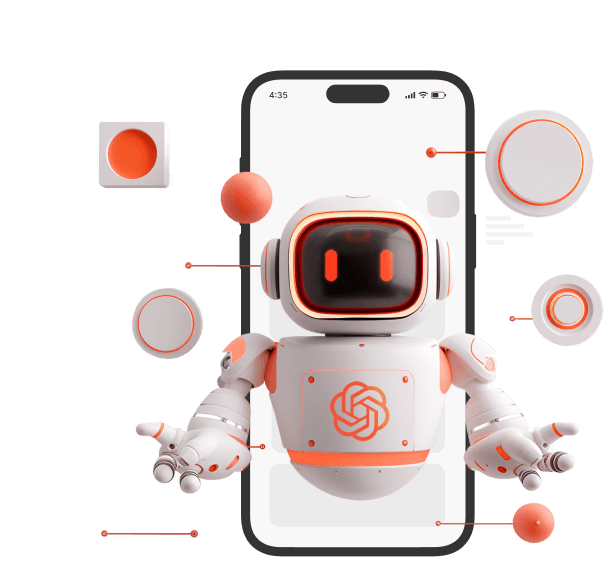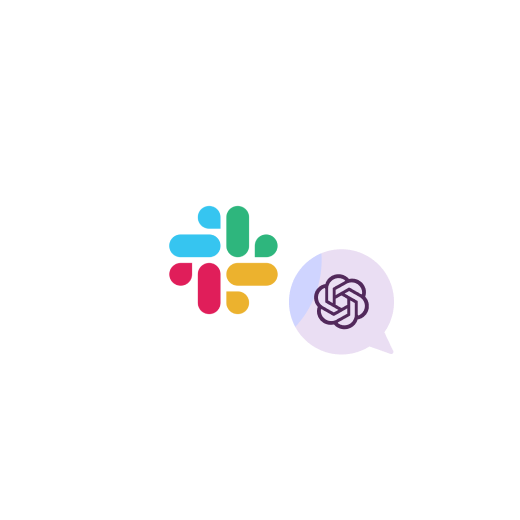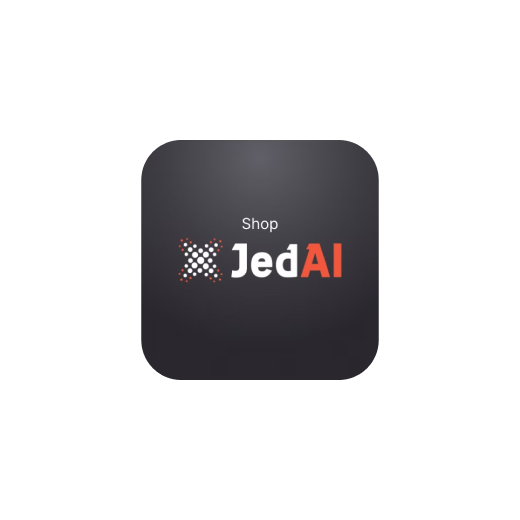Latest case studies

OneClickUpsell
App
-
 500M+
upsell revenue generated
500M+
upsell revenue generated
-
 10-50%
increase in AOV
10-50%
increase in AOV
-
 16%
average conversion rate
16%
average conversion rate
Generative AI-powered multifunctional solution for pre-purchase and post-purchase upsell that empowers Shopify merchants.
Learn More
Gen-AI Slack
Chatbot
-
 Rapid information navigation and access
Rapid information navigation and access
-
 Enhanced product understanding among managers
Enhanced product understanding among managers
-
 Optimized workflows and documentation
Optimized workflows and documentation
The company's internal Slack app integrated with OpenAI and the product ecosystem to automate the knowledge base.
Learn More
Bloomsybox
Chatbot
-
 60%
of users completed quiz
60%
of users completed quiz
-
 38%
generate greeting cards
38%
generate greeting cards
-
 78%
of winners claimed prize
78%
of winners claimed prize
The MOCG team developed a personalized eCommerce chatbot using Generative AI to drive user engagement for a floral subscription company.
Learn More
Zipify
Pages
-
 13.5M
monthly views
13.5M
monthly views
-
 600+
5-star reviews
600+
5-star reviews
-
 15,000+
brands trust Zipify Pages
15,000+
brands trust Zipify Pages
Generative AI-powered page builder for Shopify platform that helps create high-converting landing pages for increased sales.
Learn More
Kinnekt App for Shopify
-
 1,587
unique customers used it
1,587
unique customers used it
-
 63.13%
messages processed by AI
63.13%
messages processed by AI
-
 384
products bought via chat
384
products bought via chat
Master of Code Global developed an application with full-cycle conversational marketing tools for Shopify store merchants
Learn More
ShopJedAI
Application
-
 86%
of correct answers
86%
of correct answers
-
 2
development streams
2
development streams
-
 4
advanced technologies
4
advanced technologies
An advanced and innovative AI-driven eCommerce marketing solution specifically tailored for small to medium-sized retail businesses.
Learn More


















 Kittch
Kittch 




















